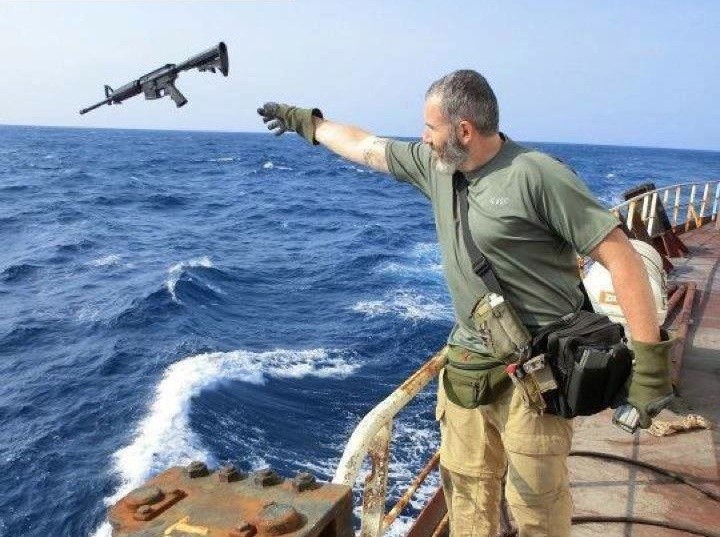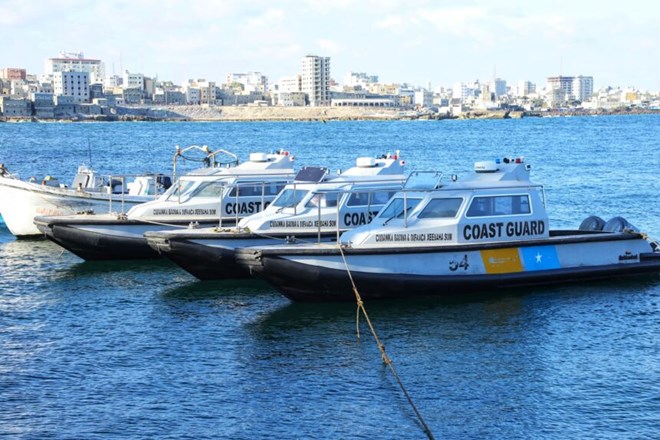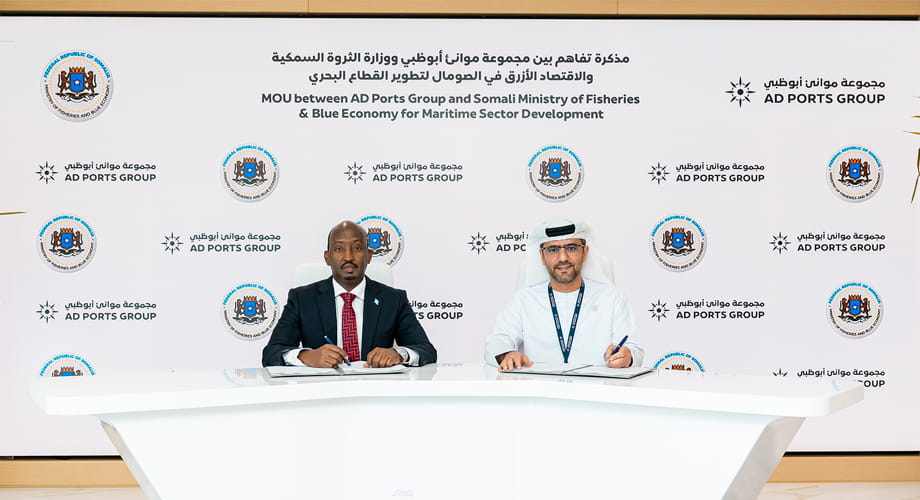By: Ahmed Ali
Somalia, a country already grappling with numerous challenges, faces an additional threat from the alarming rise of false piracy incident reports generated by Private Maritime Security Contractors (PMSCs) for their own business interests.
While the spectre of piracy off the coast of Somalia was largely eradicated in 2012 through the concerted local and international efforts, the unethical practice of false piracy incident reporting has persisted and in recent months has accelerated much more. This unethical practice not only undermines the credibility of global efforts to combat piracy but also hampers Somalia’s path to stability.
In response to the rising threat to shipping in the Indian Ocean during the late 2000s, shipowners began to hire PMSCs to provide armed security personnel on board vessels. These PMSCs were often composed of former military personnel and their presence was intended to deter armed robbery and piracy attacks.
The end of piracy in 2012 meant that ships faced fewer threats, and consequently, there was less demand for PMSCs. PMSCs, which had thrived on the need for enhanced security measures during the peak of piracy incidents, saw a decline in their revenue streams which ranged anywhere between $30,000 to $60,000 per passage protecting ships from piracy through the Horn of Africa.
Some PMSCs successfully adapted to the changing environment by diversifying their services. They expanded into areas such as providing security in different regions, offering consultancy services, or engaging in other aspects of the security industry. However, some were reluctant to let go and felt that they could drum up new business by submitting false piracy incident reports.
These false incident reports have gradually decreased over the decade since 2012 but have picked up pace towards the end of 2023 to piggyback off of the insecurity emanating from the Yemeni shores. The recent surge of piracy incident reports which coincidentally started exactly the same time as the Houthi attacks on shipping in the Red Sea raise serious questions.
Instances where PMSCs and other actors inaccurately label attacks by Yemeni entities as Somali piracy could be seen as manipulative and could harm the credibility of the entire industry. Although false piracy incident reporting might muddy the waters and increase business for PMSCs while furthering the geopolitical interests of other actors, it has a very detrimental effect on Somalia.
Somali fishermen and coastal communities are already vulnerable due to the complex security situation in the region. Fabricated incident reports can heighten tensions between private military contractors and local communities in Somalia. This could lead to unnecessary panic, disrupt economic activities, and ultimately lead to innocent fishermen being killed with no one held accountable as has happened before.
False piracy reports can impede economic growth by discouraging foreign investment and trade. Investors, wary of perceived security risks, may shy away from engaging in business ventures, hindering the diversification and growth of Somalia’s economy.
Somalia’s potential for tourism, a sector with the capacity to generate huge revenue and create jobs, is stifled by the dissemination of false piracy information. Tourists and investors alike may be deterred by the perceived insecurity, preventing the nation from reaping the benefits of a thriving tourism industry.
The fabrication of piracy incident reports by PMSCs in Somalia has far-reaching consequences for the nation’s security, stability, and economic recovery. By distorting the perception of piracy threats, these practices erode local and international support, escalate tensions, impede economic growth, and undermine the rule of law. Addressing this issue is crucial not only for the benefit of Somalia but also for fostering genuine collaboration between the international community and the nation in its pursuit of lasting peace and prosperity.






One Response
Although not in my field but Somalia deserves better.